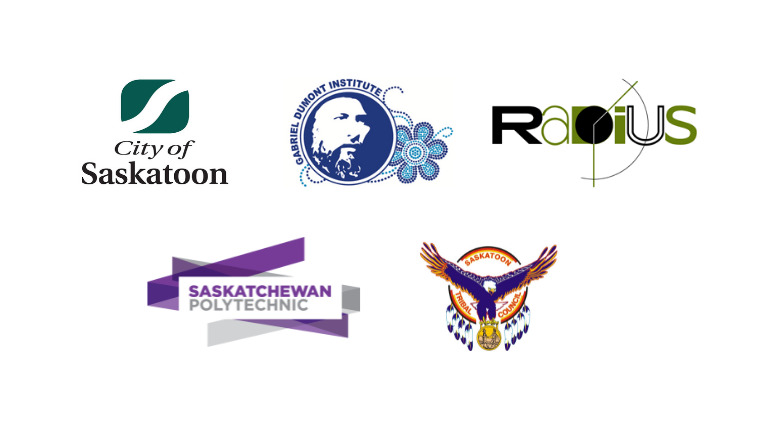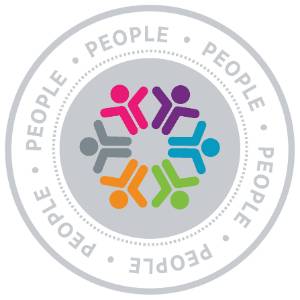
The kanātan nipīy (the water is clean/clean water) program is a collaborative initiative for pathways to employment
November 24, 2021 – The kanātan nipīy (the water is clean/clean water) program is continuing for 2022. The kanātan nipīy (kaa-NAH-tan / nii-PEA) program is an opportunity for Indigenous people to gain essential skills and access employment opportunities in water treatment and distribution facilities—such as with the City of Saskatoon’s Water and Waste Operations. This program is a collaborative effort between the City of Saskatoon, Gabriel Dumont Institute, Radius Community Centre, Saskatchewan Polytechnic and Saskatoon Tribal Council.
The kanātan nipīy program includes essential skills training taught by the Radius Community Centre. Sask Polytech provides training in water treatment and distribution. Participants will also receive first aid/CPR and WHMIS training and two weeks of work experience. Certified water and wastewater operators are in demand. Trained employees, who can operate and maintain water and waste systems to provide clean drinking water, are needed in City of Saskatoon and First Nation communities across Saskatchewan.
“This kanātan nipīy program is an important pathway to knowledge and employment and I am very pleased that the City of Saskatoon is part of it,” says Mayor Charlie Clark. “Our futures are bound together, in our city and in Indigenous communities across Saskatchewan. I would like to thank all of the partners who are part of this program and are strengthening our future together.”
“The success of the kanātan nipīy program is a testament to the need for initiatives like these; that create opportunity and remove barriers to Métis people. GDI is looking forward to continuing this partnership and connecting our Métis clients with specialized training and sustainable employment,” says Lisa Bird-Wilson, executive director, Gabriel Dumont Institute.
“For more than 50 years Radius Community Centre has been helping people work towards their career goals,” says Dorothy Hyde, executive director, Radius Community Centre. “We are honoured to be a part of this community team supporting Indigenous employment and know that working together helps to build a brighter future for individuals, families, business and community.”
“We are excited to continue this collaborative partnership with the City of Saskatoon, Gabriel Dumont Institute, Radius Community Centre, and Saskatoon Tribal Council,” says Dr. Larry Rosia, president and CEO, Sask Polytech. “This partnership is a testament of what can be done when the community comes together. Through the kanātan nipīy program students receive excellent training and work experience to prepare them for future employment.”
“As First Nations people, we are all protectors of water, and this training program provides the opportunity for our people to carry out this important work. The graduates of this program improve the quality of life for all people that require clean water,” states Saskatoon Tribal Chief Mark Arcand. “By working together in unity with our partners, we provide opportunities for Indigenous Peoples to become gainfully employed.”
The kanātan nipīy program meets the Truth and Reconciliation Commission Calls To Action #92: Ensure Indigenous peoples have access to jobs, training and education opportunities; and they benefit from economic development. This project’s success is based on having a cohesive team of community partners engaged for a single purpose: improving employment options for Indigenous workers.
Interested in learning more? Email poitrina.powder@saskatoon.ca to register for the Zoom information session to be held Dec. 7 from 2 to 3 p.m.
Ready to apply? Email copies of the following items to kanatannipiy.project@gmail.com: Grade 12/GED diploma and transcripts, Class 5 driver’s licence and driver abstract for the last 3 months, updated resumé including three references. The application deadline is Dec. 10, 2021.
Saskatchewan Polytechnic is signatory to the SDG Accord. Sustainable Development Goal alignment is one of the ways Sask Polytech is leading the rise of polytechnic education.


